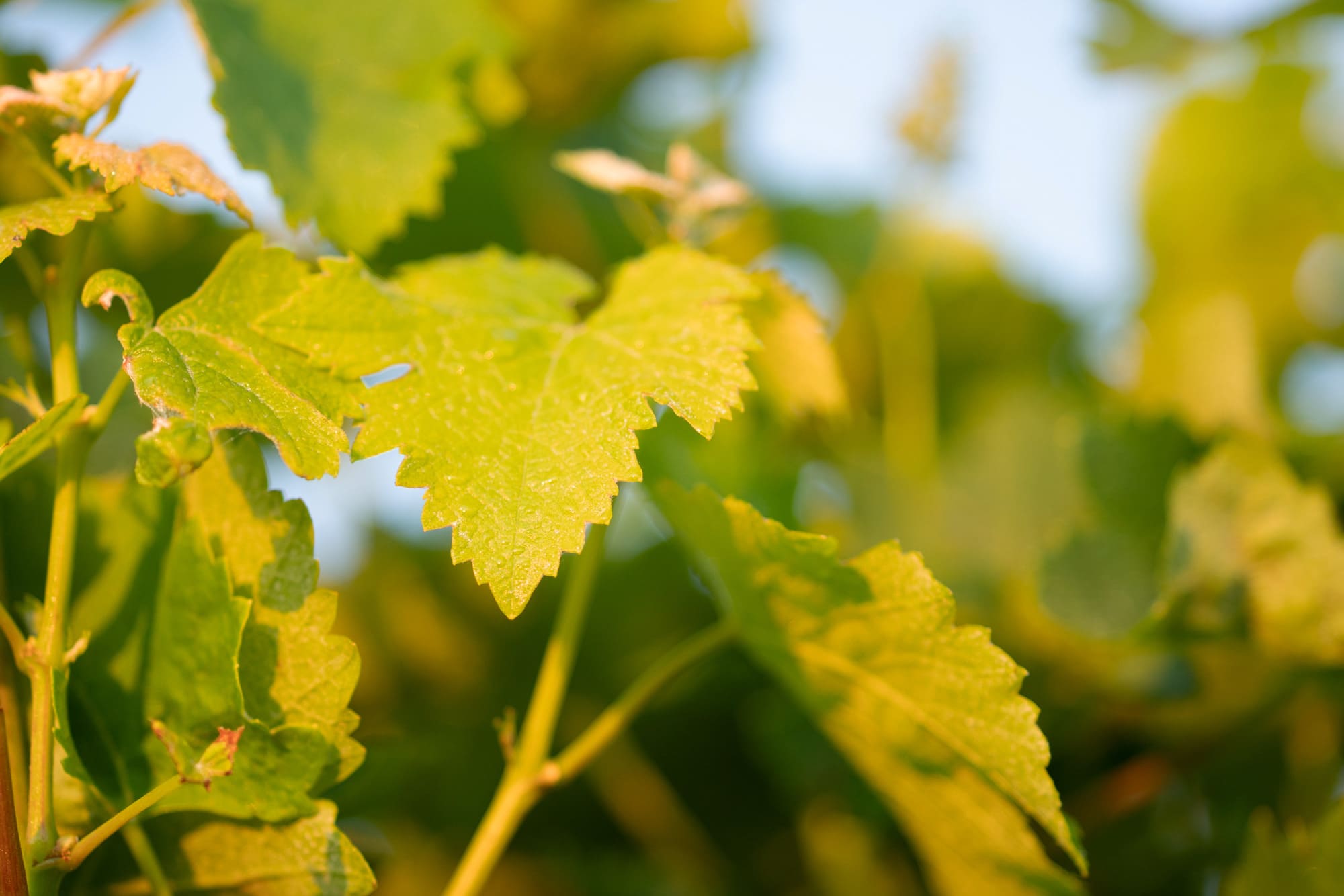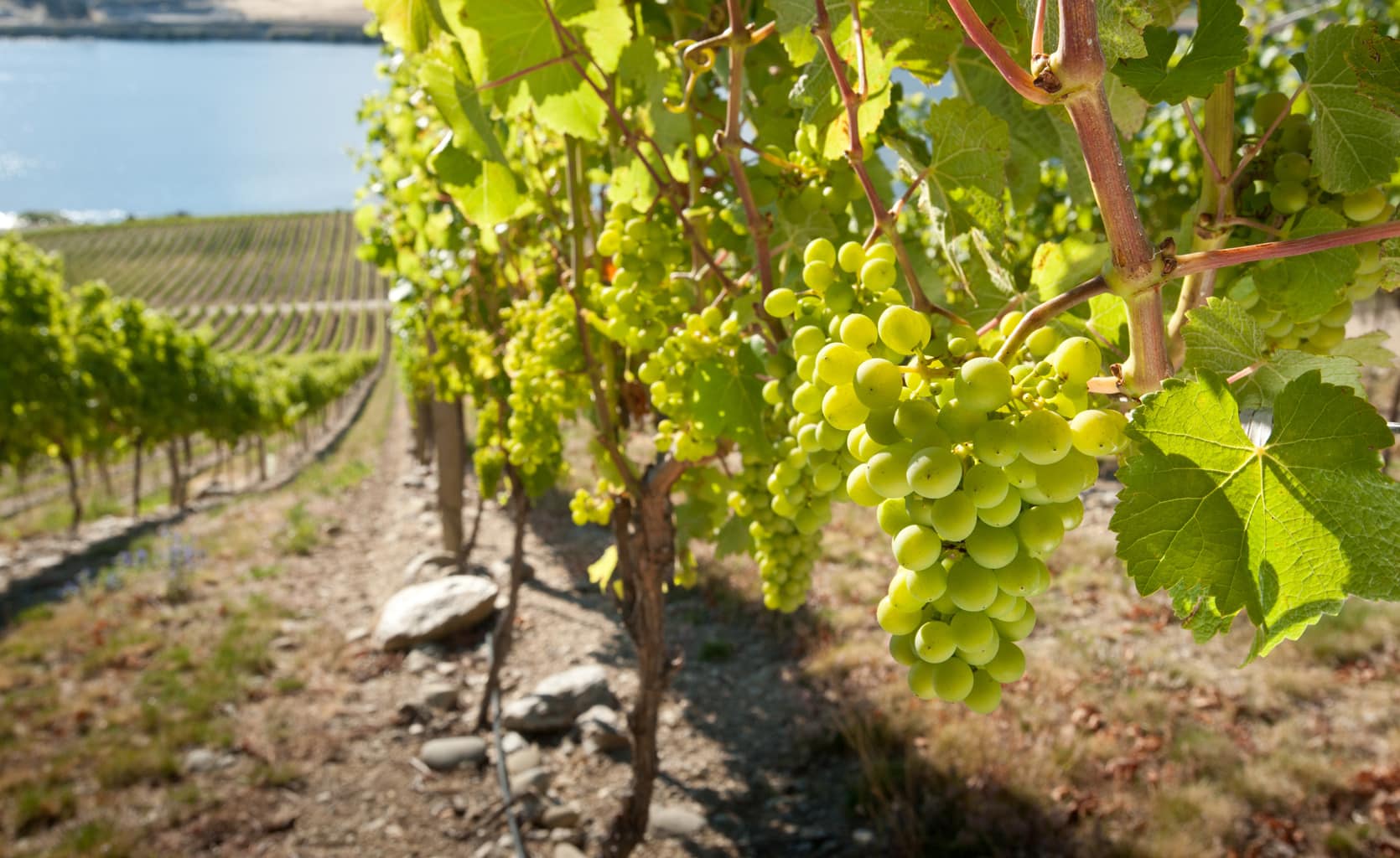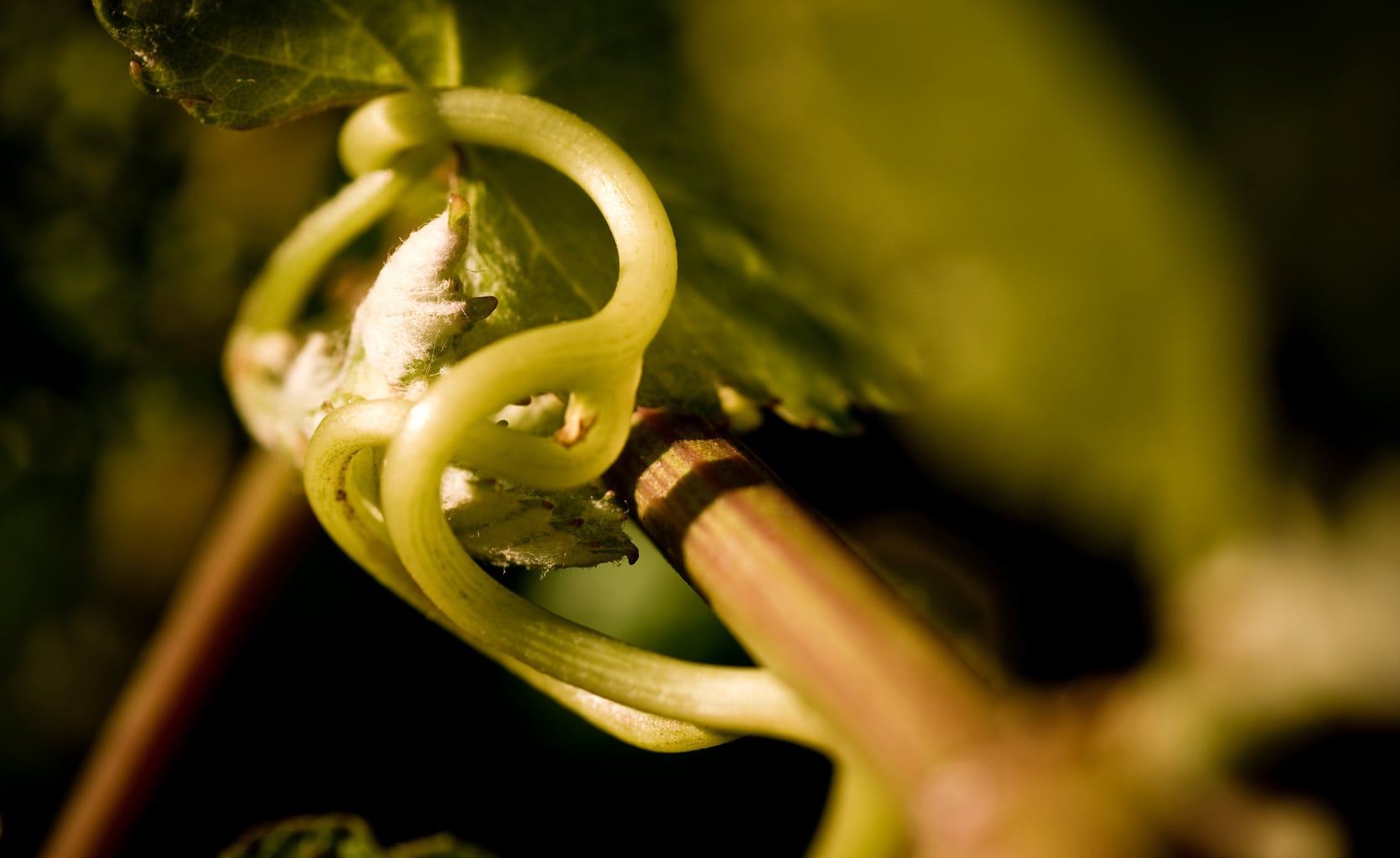Sophie Preece
 RNA technology could be a gamechanger in vineyards, with the ability to turn gene expression on or off to protect a vine or boost its performance, says molecular biologist Dr Ellie Bradley. Once developed, it is conceivable that ribonucleic acid technology could reduce the need for chemicals targeting pests and pathogens in vineyards, and that a grower facing a drought year, for example, could use an RNA-based spray to change gene expression patterns and improve the vines’ resilience to water stress.
RNA technology could be a gamechanger in vineyards, with the ability to turn gene expression on or off to protect a vine or boost its performance, says molecular biologist Dr Ellie Bradley. Once developed, it is conceivable that ribonucleic acid technology could reduce the need for chemicals targeting pests and pathogens in vineyards, and that a grower facing a drought year, for example, could use an RNA-based spray to change gene expression patterns and improve the vines’ resilience to water stress.
“That’s a really key part of what we are interested in,” says Ellie, a postdoctoral researcher on the Bragato Research Institute (BRI) Grapevine Improvement team. “It’s a response that is highly specific and transient, so you can adapt to the environmental conditions you are facing that year, and work with the existing vines and their genetic material.”
RNA is essentially the “messenger” in the cell, carrying genetic information encoded in DNA to the machinery that is responsible for making functional proteins. It also acts to regulate the expression of genes, turning them on and off, Ellie says. “Because of this, by changing the levels of RNA in an organism we can make functional changes in a way that is temporary and doesn’t result in changes to the DNA. Meaning this technology is non-GMO.”
Ellie will discuss the potential of RNA technology at BRI’s Research and Innovation Forum in Wellington on 30 August, including an overview of the Grapevine Improvement team’s two-year Tuned Vines programme, which is working to find epigenetic markers, such as which genes are activated or silenced when a grapevine is water stressed. The project is also seeking proof of the concept that small RNA molecules, applied to the vine as a root dip or by spraying the leaves, could be used to ‘tune’ vine responses.
The ability to specifically silence genes using RNA was discovered in the 1990s and over the past few decades the understanding of the mechanism has grown, Ellie says. When it comes to vines, there are plenty of challenges to be tackled, “including ensuring we understand the inherent specificity of the technology to avoid silencing non-target genes”. The fact that RNA degrades rapidly in the environment is on one hand a boon, allowing for reactive responses to environmental changes without impacting long term gene responses. But it’s also a challenge, with methods required to stabilise it long enough to be effective, Ellie says.
Despite her many caveats on the wealth of research still to be conducted before the technology is available, “it’s hard not to be excited”, she admits. “It’s very cool.”
This article was first published in issue 147 of New Zealand Winegrower magazine and is republished with permission.

















